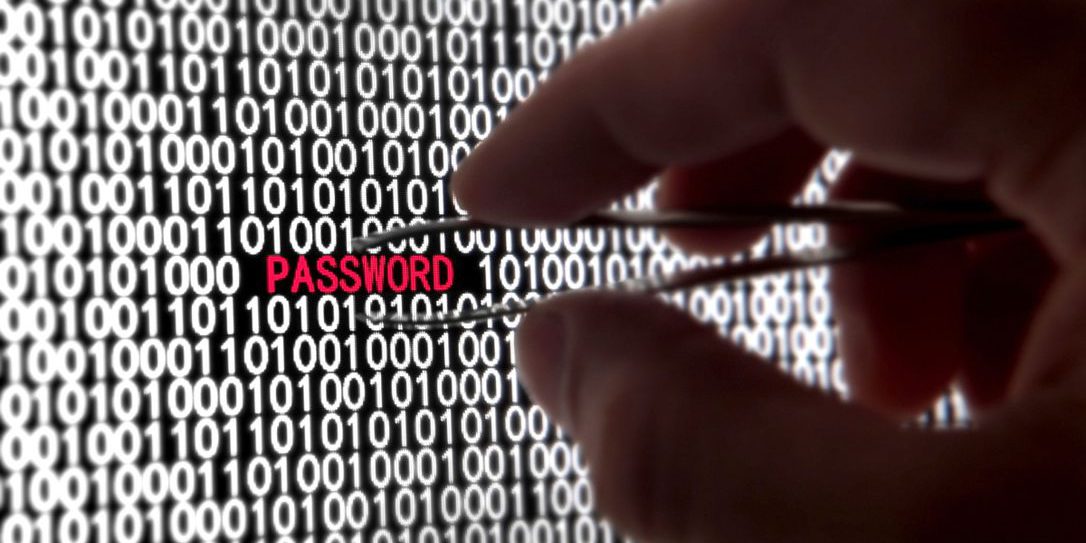RockYou2021 is the largest leak ever reported. The leak consists of a series of 8.4 billion passwords and other data, posted on a hacker forum in the form of a BIG TXT file. The leak presumably isn’t a fresh one, and instead is believed to be an amalgamation of many previous leaks.
The biggest passwords leak in history
The news was first revealed on June 7 by CyberNews, after its experts carried out a thorough analysis on the claims made by the poster, who said that the file contains as many as 82 billion passwords, all 6-20 characters long. However, it turned out that the actual number was much less. It is the biggest credentials leak in history. The number of passwords leaked stands at 8,459,060,239 unique entries.
The nickname of the hack is apparently a tribute of sorts to RockYou, a large (though still 262 times smaller than its 2021 successor) data breach that took place in 12 years ago, in 2009. Back then, the file name had been rockyou2021.txt, with over 32 million passwords being leaked as threat actors invaded the servers of social media sites.
There are rapidly emerging many views on the legitimacy and accuracy of the leaked data. Some experts even say that the actual number of authentic passwords stands at more than 800 million, with the rest of the billions of passwords being fake, and a way to attract publicity.
What to do with my passwords?
So, what do I do now? Practice good password hygiene
- Implement multi-factor authentication, when possible. With this extra barrier, threat actors will need more than just a password to access your account.
- Periodically update passwords and never reuse your passwords. Regular password resets with a password generator can help render breached or leaked data obsolete. Using the same password for multiple accounts means that if a hacker ever got hold of just one password, that one password would open several doors to your personal data
- Use a password manager. Password managers can help generate and store complex passwords in an encrypted database, making it easy to keep track of all your various accounts.
- Avoid sharing passwords. This one is self-explanatory – sharing your password with someone else opens up your network to any of their potential mistakes.
- Use strong, complex passwords: An easy to remember (weak) password translates into an easy to crack password for hackers online. Always create strong, complex passwords for each of your accounts.
- Update your passwords: Keep hackers out of your personal data by regularly updating your credentials. Hackers may want to continuously access your account after a breach, and resetting your password can shut the door on compromised data in the future.






